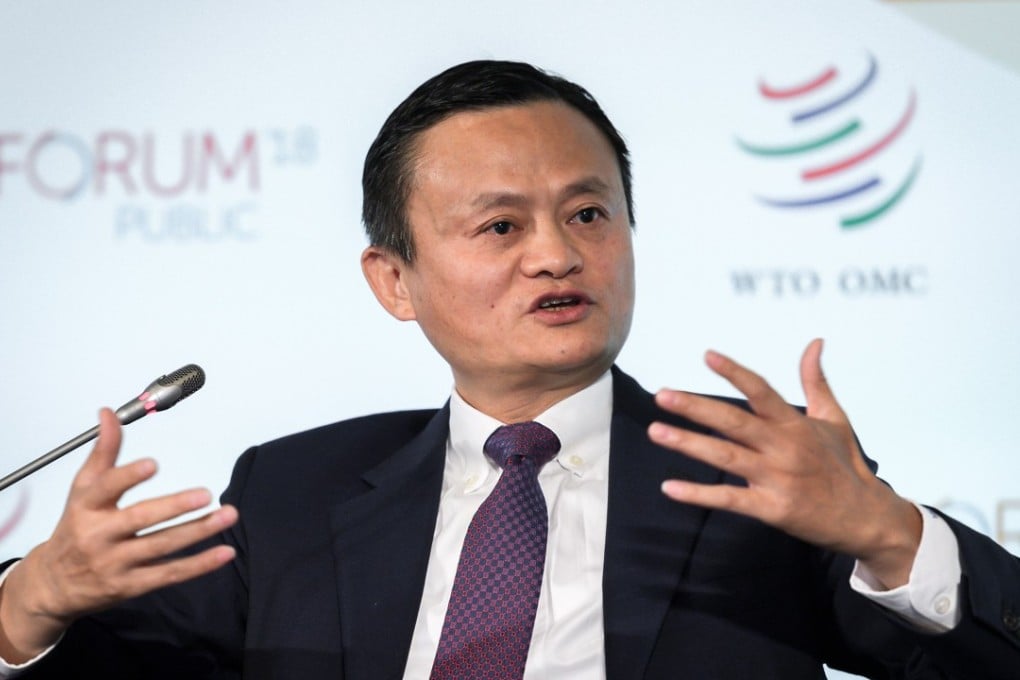Trade war, slowing economy and market rout wipe out billions from China’s 400 richest people on Forbes list
- The median wealth of China’s 400 richest people shrank by US$300 million in 2018, compared with last year, according to Forbes

China’s 400 wealthiest people have lost a combined US$130 billion of their fortunes in the last year, as a worsening trade war with the United States exacerbated a slowing economy and the worst stock market rout in four years.
“The world has come to associate China with wealth creation, and it is startling to see the extent of wealth destruction this year,” said Russell Flannery, the editor-in-chief of Forbes China.
The bloodbath on Asian equity bourses underscored the wealth destruction, as stock markets from Seoul to Wellington took the cue from New York’s overnight plunge.
Forbes had to lower its bar for making the China Rich List to US$840 million, as the number of dollar billionaires on the 2018 list fell to 86 per cent, from all 400 last year.